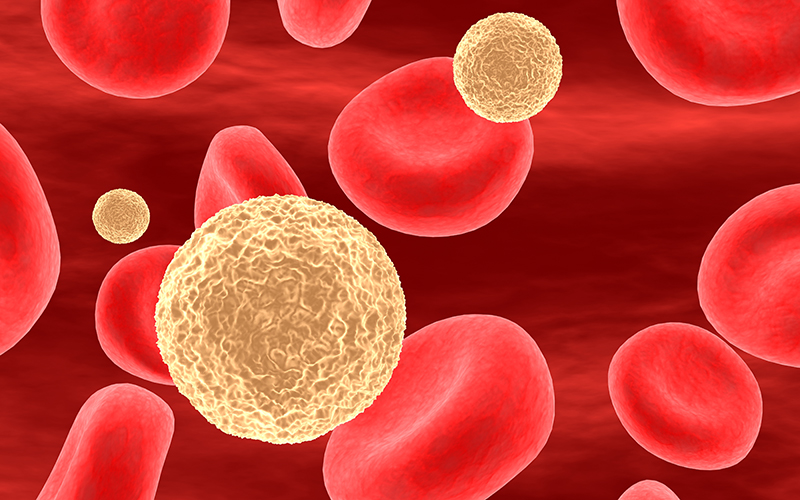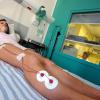Gene variants associated with leukaemia can produce “rogue” immune cells that drive autoimmune diseases, according to a new study.

Scientists had previously noticed that leukaemia patients were likely to develop an autoimmune disease, such as rheumatoid arthritis or aplastic anaemia. Research into this link revealed that immune cells called killer T cells – responsible for destroying harmful cells and pathogens – were a key player.
This new research provides insight into the role these killer T cells play in leukaemia and autoimmune disease. Gene variations affecting a protein that controls the growth of killer T cells can turn them rogue, the researchers found.
“We showed that these rogue killer T cells are driving the autoimmunity. They’re probably one of the cell types most directly contributing to autoimmune disease,” says Dr Etienne Masle-Farquhar, a postdoctoral researcher in immunogenomics and genomic medicine.
Image credit | Shutterstock



